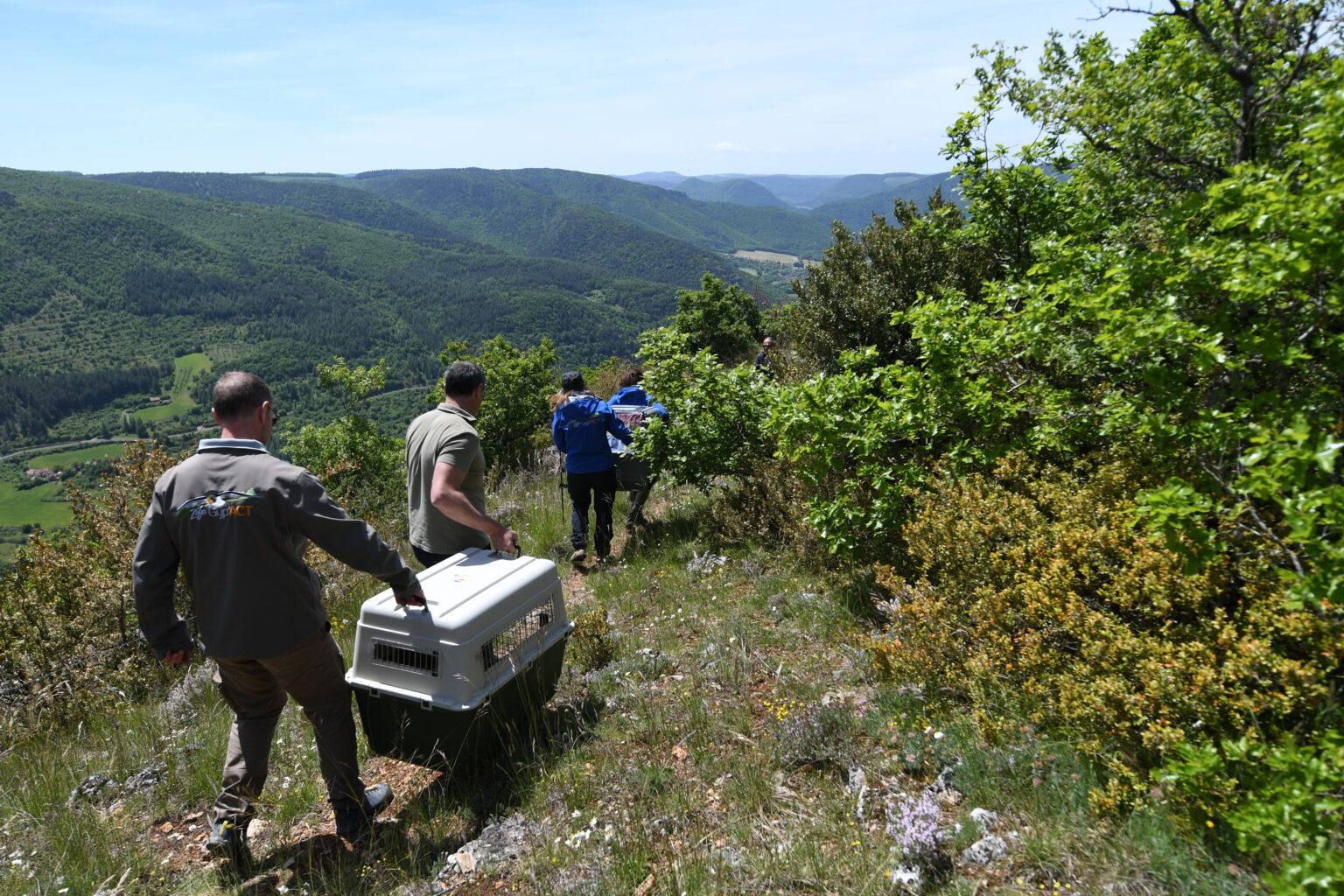
In an exciting start to the 2024 season, two pairs of Cinereous Vultures have laid eggs and are now diligently incubating them in the scenic Balkan Mountains in Bulgaria.
This exciting development owes its success to the reintroduction programme, Vultures Back to LIFE, which was led by the Green Balkans’ team, in collaboration with the Fund for Wild Flora and Fauna (FWFF), the Birds of Prey Protection Society (BPPS), the Vulture Conservation Foundation (VCF), and numerous other partners and donors. Nearly two decades of relentless effort have brought these majestic birds back to Bulgaria.
The Cinereous Vulture population in Bulgaria
Currently, the reintroduced Cinereous Vultures have formed an impressive 12 pairs in the Balkan Mountains, most of whom have claimed their nests. The population consists of 2 cores: the Eastern Balkan Mountains (Kotlenska Planina) and the Western Balkan Mountains (Vrachanski Balkan and Ponor). In the Eastern Balkan Mountains, 5 pairs have emerged, with 3 of them successfully raising 3 young over the last two years. While in the Western Balkan Mountains, 7 pairs have formed, raising 2 young each in the last 2 years. As these vulture pairs mature, it’s fascinating to note that each passing year sees an earlier hatching period.



“We are thrilled about this extraordinary success for Bulgarian nature protection. Our dreams are turning into reality, and the years of hard work are finally bearing fruit.”
– Ivelin Ivanov from the Green Balkans team
Reintroducing the Cinereous Vulture
The Cinereous Vulture restoration in Bulgaria unfolded through the “Bright Future for the Black Vulture” project, reinstating the species as a breeding one and practically removing it from the list of extinct species in the Red Book of Bulgaria.
The recovery of rare species is a long and complex process, involving threat mitigation, improving living conditions in the wild (improving the food base, nesting conditions, etc.), and raising public awareness. Thanks to collective efforts and support from the European Union’s LIFE Programme, international donors, partners, zoos, and contributors, the Griffon Vulture has also made a triumphant return to Kresna and the Balkan Mountains.
“Until 2021, there is only one colony of the species in the Balkans (those in Dadya, Greece), and after 2022, thanks to our project, there are already 3 (adding the two in the Balkan Mountains). Our success inspired another similar project of fellow conservationists in the Eastern Rhodopes, hoping that the joint efforts of the civil sector in the country will strengthen the return of the species.
-Emilian Stoynov from the team of the Fund for Wild Flora and Fauna – one of the people who dedicated his life to the vultures return to the country
Vultures, with their significant ecosystem and economic benefits, play a crucial role in preventing the spread of zoonotic diseases by efficiently disposing of carcasses of wild and domestic animals. Looking ahead, the next goal is to bring back the Bearded Vulture to Bulgaria—a symbol of nature protection– through the Bearded Vulture LIFE project.

Photos – Lyubomir Andreev, Georgi Stoyanov – BPPS, Cornel Cotorogea
Source: Bearded Vulture LIFE



